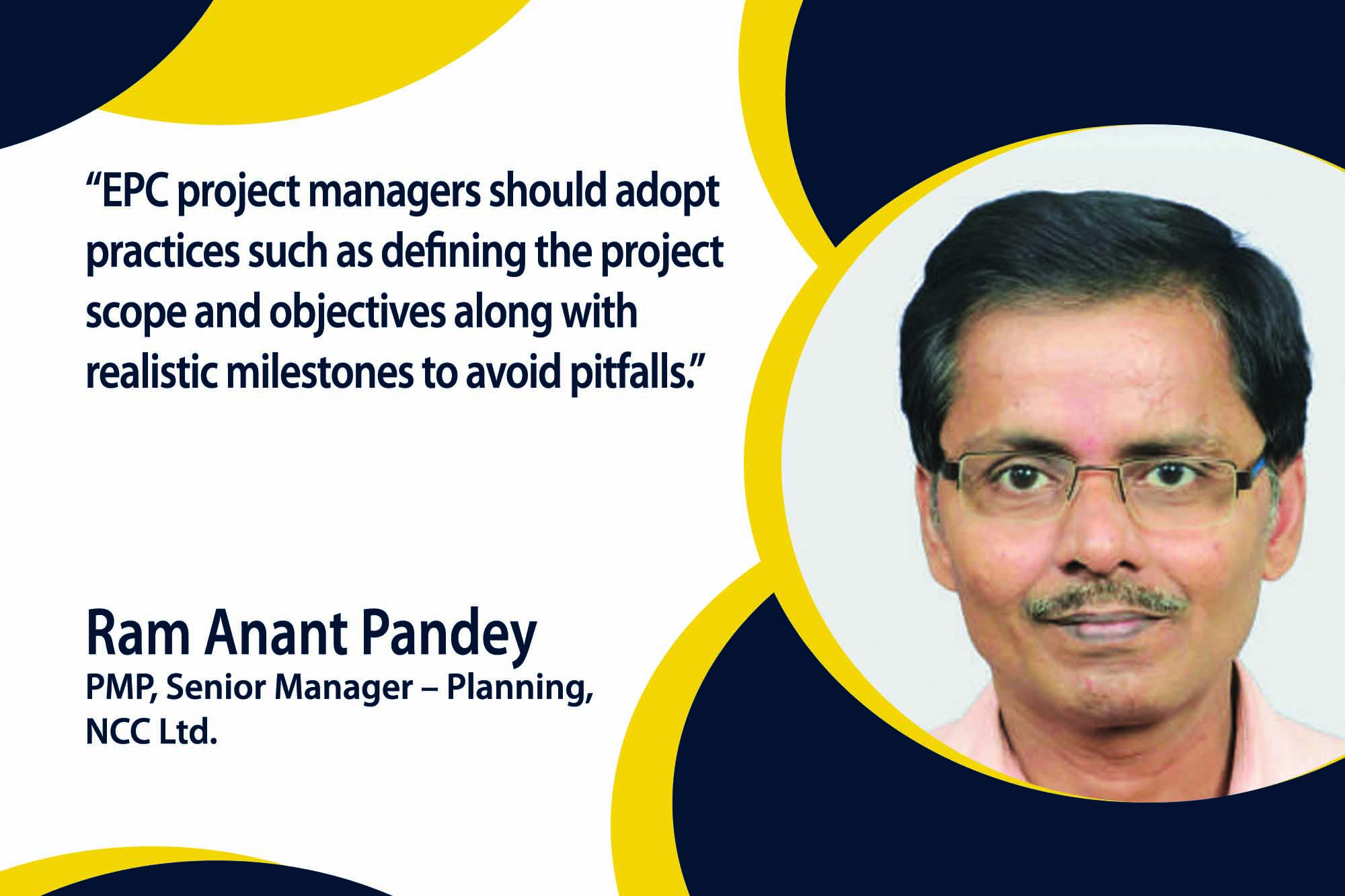As the demand for engineering, procurement, and construction (EPC) projects continues to rise, so do the risks associated with their execution. In light of the staggering failure rates, examining the intricacies of project management, planning, and contract administration is essential to safeguard against potential pitfalls and enhance project outcomes.
EPC projects, which stand for engineering, procurement, and construction projects, involve activities requiring coordination among stakeholders, including project owners, contractors, engineers, and suppliers. These projects aim to minimize the risk of time and cost overruns from the client’s perspective while providing cost benefits to the contractor. However, due to the involvement of many stakeholders and high expectations from both clients and contractors’ sides, more than 75 percent of EPC projects fail to achieve their objectives. This article will explore why EPC projects fail and how they can be prevented.
One of the causes of EPC project failure is poor project management. Effective project management plays a role in ensuring the success of any EPC project by facilitating communication, aligning expectations, and ensuring timely delivery of deliverables. Project management can lead to better communication, misunderstandings, and missed deadlines, resulting in cost overruns and delays. EPC project managers should adopt practices such as defining the project scope and objectives along with realistic milestones to avoid these pitfalls. They should establish schedules and budgets while identifying risks early on. It is crucial to monitor and control the progress effectively while ensuring quality assurance measures are in place.
Project milestones must often be clearly defined or set at ambitious levels with proper justification. This can lead to penalties, disputes, delays, and cost overruns. Additionally, inadequate planning is a factor contributing to the failure of EPC projects. A lack of comprehensive planning, including identifying potential risks and very poor or no implementation of the plan, can result in unexpected issues and delays, leading to cost overruns and project failure. Planning is essential for EPC projects, as it helps to anticipate and mitigate the challenges and uncertainties that may arise during the project lifecycle. To improve planning, EPC project managers should conduct a thorough feasibility study, perform a detailed engineering design, and develop a robust procurement and construction strategy.
A third common cause of EPC project failure is poor contract management. EPC projects involve a complex network of contracts between the project owner, contractors, suppliers, and other stakeholders. Poor contract management can result in misunderstandings, conflicts, and disputes, affecting the project’s performance and outcome. To prevent this, EPC project managers should ensure that the contracts are clear, fair, and enforceable, that the roles and responsibilities of each party are well-defined, and that the contract terms and conditions are adhered to and monitored.
A fourth common cause of EPC project failure is unforeseen events. EPC projects are susceptible to unforeseen events, such as natural disasters, equipment failure, or regulatory changes, that can disrupt the project’s progress and cause delays or damages. These events are often beyond the control of the project managers or other stakeholders and can significantly impact the project’s objectives and results. To cope with this, EPC project managers should conduct a comprehensive risk analysis, implement contingency plans, and maintain regular communication with the project stakeholders.
These are some common reasons why EPC projects fail and how to prevent them. By applying these best practices, EPC project managers can increase the chances of delivering successful EPC projects that meet the expectations of the project owners and stakeholders.
Cookie Consent
We use cookies to personalize your experience. By continuing to visit this website you agree to our Terms & Conditions, Privacy Policy and Cookie Policy.





















